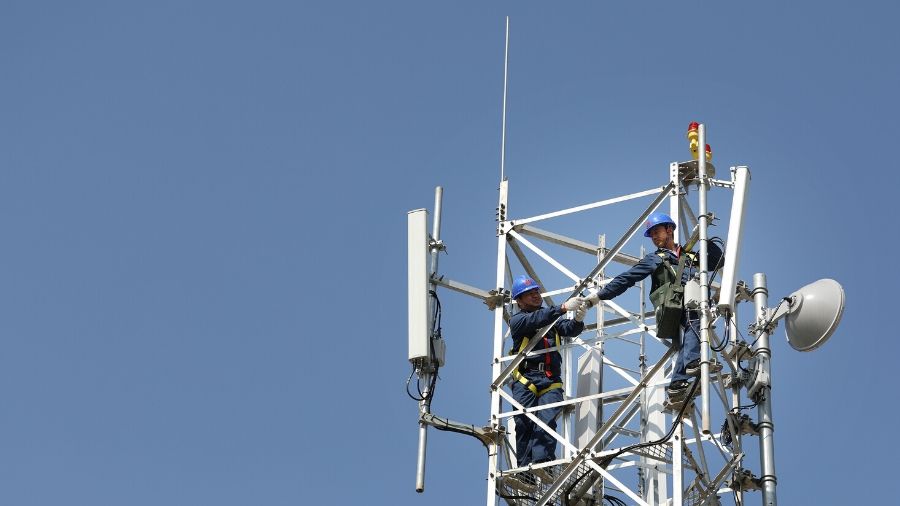BT and Three cease joint network build activity in refocus of MBNL
Joint venture now focused on management of existing estate

BT and Three UK have announced they will stop upgrading each other’s mobile infrastructure sites.
The joint venture assigned this task, Mobile Broadband Network Limited (MBNL), will continue working as an estate company and manage joint sites and passive infrastructure.
Speaking to Mobile World Live, BT Chief Networks Officer Greg McCall said the decision was made in order to optimize logistical challenges and regain control over tower assets. The move gives BT “more autonomy and flexibility,” he said. “The primary driver is that this enables us to pursue a more autonomous approach to deployment, rolling out our infrastructure where our customers need it, faster,” a BT spokesperson told TelcoTitans.
Different strategies
Three’s representatives said something similar. Patrick Binchy, Three’s Technical Services Director, said the change will allow the company to better prioritize customer experience and budgets.
MBNL was set up back in 2007 to support 3G deployment, and at the time, it was a good idea, the media said. However, the shared model seems to have started weighing the companies down since the introduction of 5G. “As we rolled out 4G, and more specifically 5G, I think our deployment strategies have been different from each other,” McCall was cited as saying.
Obviously, it’s not just about flexibility and business goals - it’s also about costs. Binchy said that MBNL was actually increasing some of the costs, instead of doing the opposite. “One of the things we found with MBNL is the cost was very, very expensive because you’re not just building for yourself, but you’re designing and building for both networks. You’ve got to try and get planning permission and go through various loops on that, then [there’s] how much do you futureproof the site and to what level are you building it?”
BT will remain committed to MBNL until “at least” 2031, the company confirmed.
Are you a pro? Subscribe to our newsletter
Sign up to the TechRadar Pro newsletter to get all the top news, opinion, features and guidance your business needs to succeed!
- Here are the best mobile phone deals
Via: Mobile World Live
Sead is a seasoned freelance journalist based in Sarajevo, Bosnia and Herzegovina. He writes about IT (cloud, IoT, 5G, VPN) and cybersecurity (ransomware, data breaches, laws and regulations). In his career, spanning more than a decade, he’s written for numerous media outlets, including Al Jazeera Balkans. He’s also held several modules on content writing for Represent Communications.